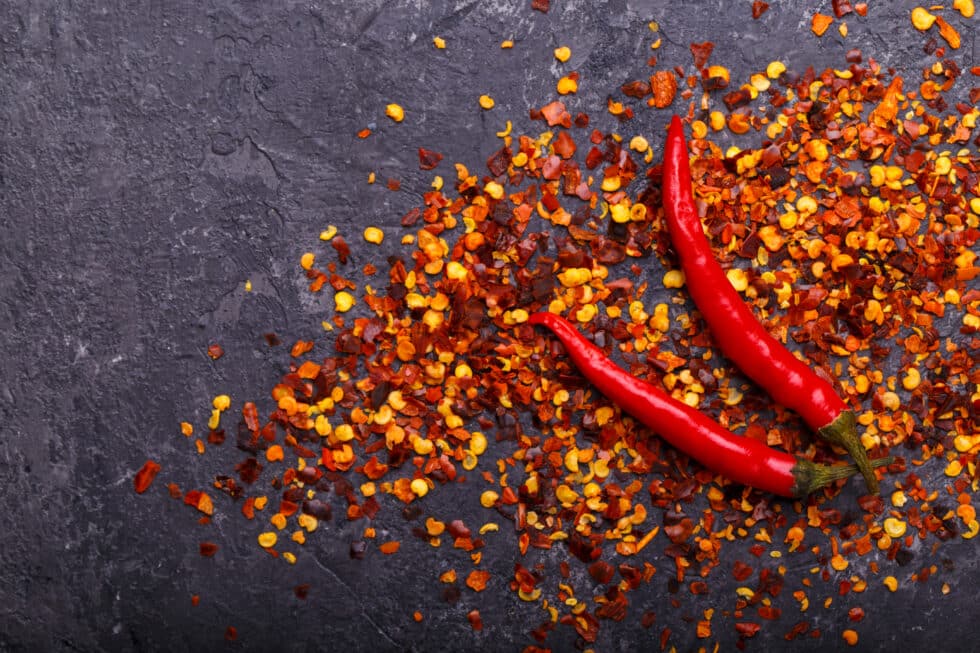- No. 268 Xianghe Street, Economic Development Zone of Xingtai city, Hebei 054001 China
- Byron@hbhongri.cn
Evaluating the Safety of Paprika Oleoresin for Food and Health Applications
The Safety Profile of Paprika Oleoresin What You Need to Know
Paprika oleoresin is a natural extract derived from the capsicum annuum plant, commonly known for its vibrant color and flavor-enhancing properties in the food industry. It is widely used as a coloring agent in various products, including sauces, soups, snacks, and processed foods. As consumers become increasingly aware of food ingredients and their implications for health, the safety profile of paprika oleoresin is a pertinent topic for discussion.
Composition and Extraction Process
Paprika oleoresin is obtained through the solvent extraction of dried paprika fruits. This extraction process captures not only the color compounds (like carotenoids) but also a variety of bioactive compounds that can contribute both flavor and possible health benefits. One of the primary components of paprika oleoresin is capsanthin, which imparts the characteristic red color to food products. The extraction methods are generally regulated to ensure minimal residual solvents, thereby enhancing the safety of the final product for consumption.
Health Benefits and Nutritional Value
Beyond its role as a natural coloring agent, paprika oleoresin is believed to possess several health benefits. Rich in antioxidants, particularly vitamins A and E, it may help combat oxidative stress in the body. Some studies suggest that carotenoids found in paprika can play a role in supporting immune function and promoting eye health. These potential health benefits contribute to the growing interest in natural extracts as supplements.
Safety Assessment
paprika oleoresin safe

The safety of paprika oleoresin has been evaluated by various food safety authorities, including the United States Food and Drug Administration (FDA) and the European Food Safety Authority (EFSA). These organizations have classified paprika oleoresin as “generally recognized as safe” (GRAS), indicating it can be safely consumed when used as intended in food products. Extensive toxicological studies have been conducted to assess potential risks, and findings suggest that it does not pose significant health threats when consumed in normal dietary amounts.
Allergens and Sensitivities
While paprika oleoresin is considered safe for most people, it’s important to note that some individuals may experience allergies or sensitivities to nightshade plants, which include paprika. Symptoms can vary widely, ranging from mild gastrointestinal discomfort to more severe allergic reactions. Therefore, consumers with known sensitivities to nightshades should approach paprika oleoresin-containing products with caution and consult with healthcare providers if uncertain about their dietary choices.
Regulatory Oversight and Quality Control
One of the key aspects of ensuring the safety of paprika oleoresin is the regulatory oversight that governs its production and use as a food additive. Manufacturers are required to adhere to strict guidelines concerning the quality and purity of the oleoresin they produce. This includes rigorous testing for contaminants such as pesticides, heavy metals, and microbial pathogens, thus ensuring that the product reaching consumers maintains a high safety standard.
Conclusion
In summary, paprika oleoresin is a safe and valuable ingredient in the food industry, providing not only aesthetic appeal but also potential health benefits. While it is generally recognized as safe by major food safety authorities, individuals with sensitivities should remain vigilant and seek professional advice when necessary. As consumers continue to seek natural alternatives in their diets, paprika oleoresin stands out as a prominent choice that aligns with these evolving preferences, making it not just a colorant but a feature of health-conscious eating. Overall, the continued research and regulatory oversight will ensure that paprika oleoresin remains a safe and beneficial ingredient in our daily diets.
-
Unlock the Power of Capsicum Frutescens Fruit Extract – A Flavorful Boost for Your Products!NewsJul.22,2025
-
The Vibrant World of Powder Paprika – Unlock Flavor and Color in Your DishesNewsJul.22,2025
-
The Golden Power of Turmeric Root Powder – A Superfood for Every Kitchen!NewsJul.22,2025
-
Ignite Your Dishes with Crushed Red Chilli – A Spicy Delight Awaits!NewsJul.22,2025
-
Explore the Golden Benefits of Turmeric Powder – A Superfood for Every Kitchen!NewsJul.22,2025
-
Discover the Richness of Paprika Food – A Flavorful Journey Awaits!NewsJul.22,2025







